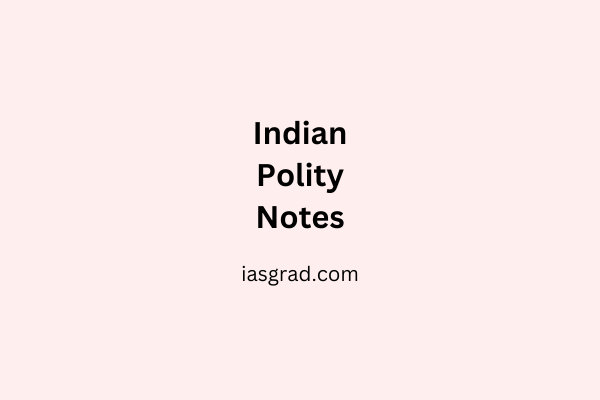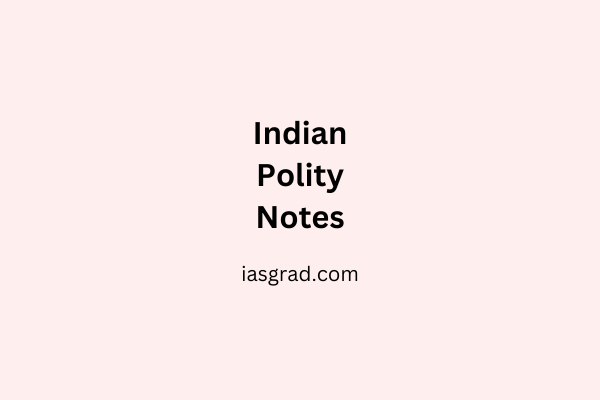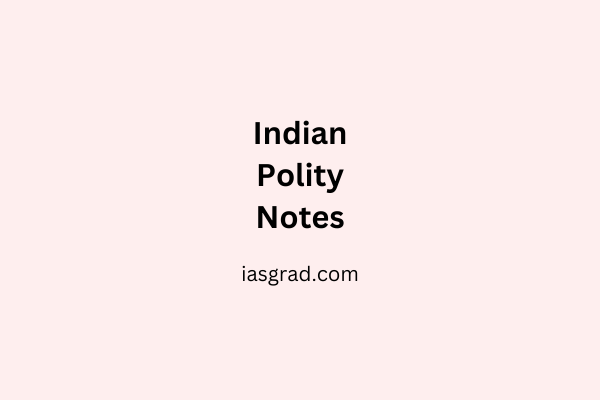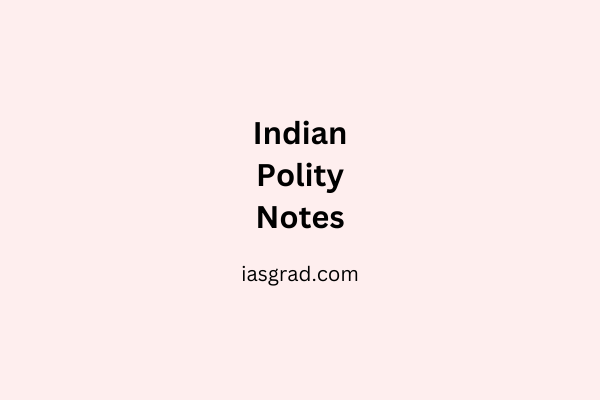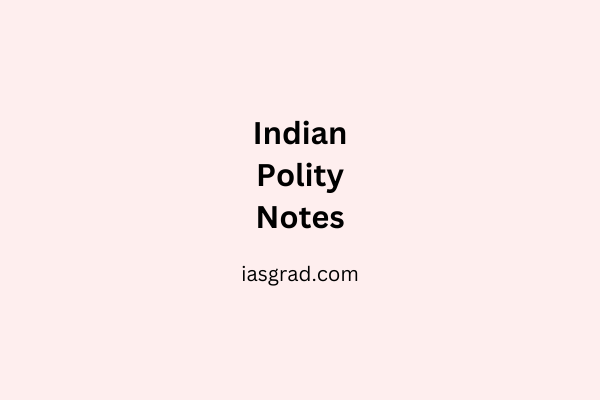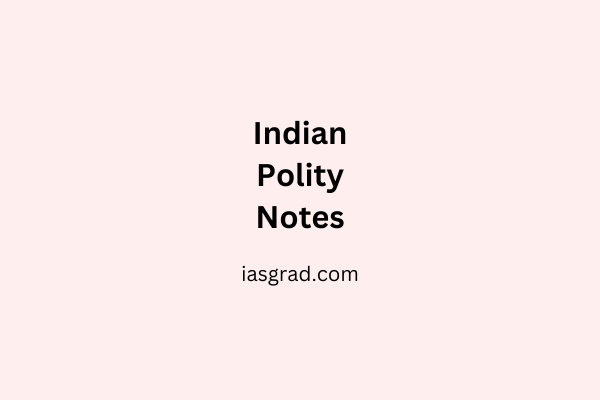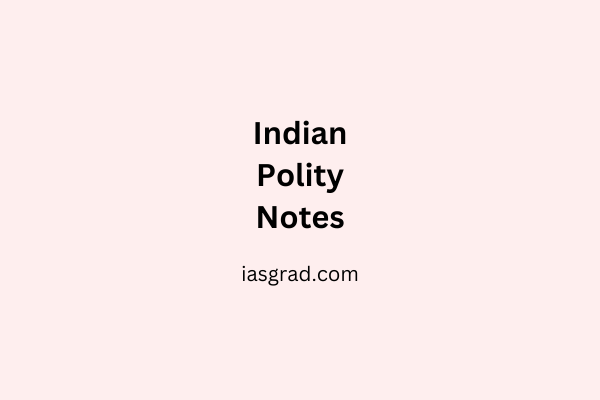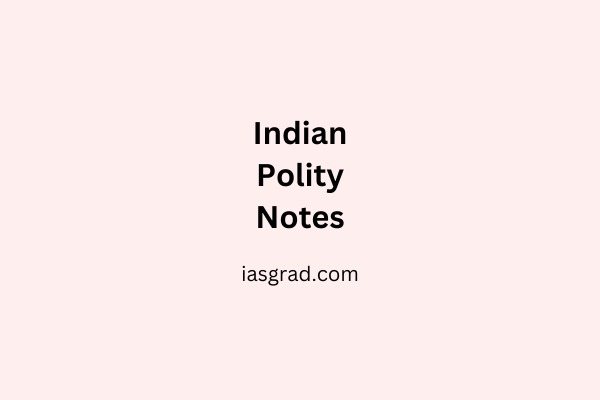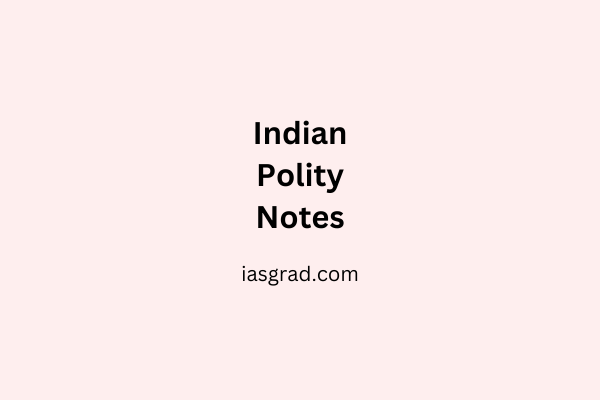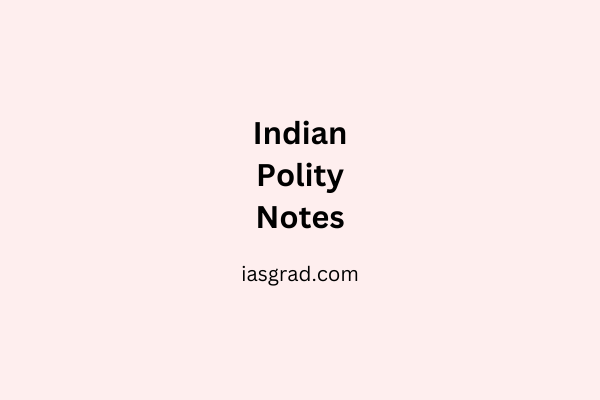Laxmikanth Chapter 23 Parliamentary Committees Notes
Parliamentary Committees Notes Parliamentary Committees help in detailed scrutiny of bills, budgets, policies, and administration. They are essential for legislative efficiency and accountability. What Are Parliamentary Committees? Committees appointed/elected by Parliament. Present reports to Parliament. Function under Speaker (Lok Sabha) or Chairperson (Rajya Sabha). Drawn from both Houses (except a few). Not executive bodies – […]
Laxmikanth Chapter 23 Parliamentary Committees Notes Read More »
